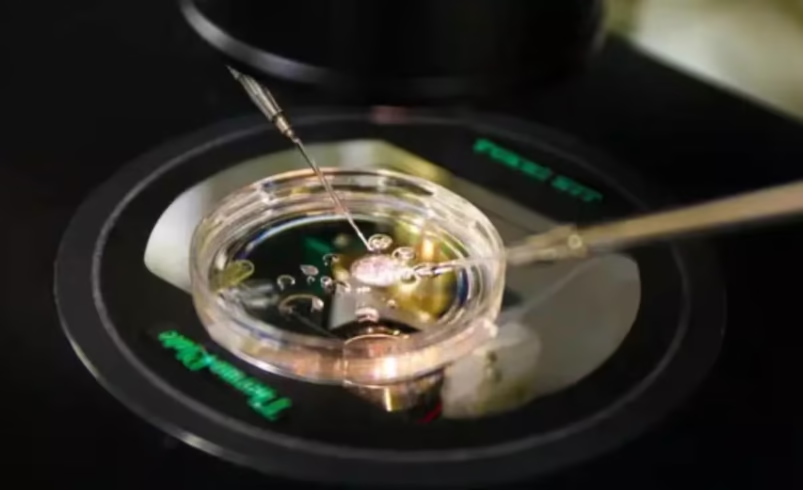Breakthrough study turns human skin cells into viable eggs
- October 5, 2025
- 0

In a remarkable scientific advance, researchers in the United States have successfully transformed adult human skin cells into egg cells capable of developing into early-stage embryos. The pioneering study, conducted at Oregon Health & Science University (OHSU), marks a major leap forward in reproductive biology and could one day reshape fertility treatments for individuals unable to conceive naturally.
The OHSU team employed sophisticated DNA reprogramming techniques to convert ordinary skin cells into functional egg cells. This process bypassed the need for traditional eggs, instead using genetic manipulation methods similar to those once used in cloning research. The resulting eggs were then fertilized in laboratory conditions, leading to the formation of early-stage embryos.
Although the success rate remains low, the achievement represents a significant step toward developing alternative reproductive options. Scientists believe that refining this approach could eventually enable people who lack viable eggs—such as those affected by infertility or same-sex couples—to have genetically related children. The study’s findings demonstrate that it is possible to generate new life from non-reproductive cells, challenging long-held biological assumptions about human reproduction.
Despite its promise, the research raises complex ethical questions about how such technology should be used. Experts emphasize that more work is needed before these lab-created eggs could ever be considered for clinical use. Issues surrounding genetic integrity, embryo development, and long-term safety must be thoroughly addressed through further experimentation and regulatory oversight. For now, the embryos created in this study were only allowed to develop briefly under strict ethical guidelines before being halted for analysis.
If perfected, this technique could revolutionize fertility medicine by offering new solutions for individuals who cannot produce eggs naturally due to age, medical conditions, or other factors. It also opens possibilities for same-sex couples seeking biological parenthood through shared genetic material. While still in its early stages, the research provides a glimpse into how regenerative science might one day expand reproductive choices and redefine family planning options worldwide.
The OHSU team acknowledges that translating this discovery into real-world therapies will require years of additional testing and refinement. Scientists must ensure that lab-generated eggs are genetically stable and capable of supporting healthy embryo development before any clinical trials can begin. Nevertheless, this achievement underscores how advancements in cellular reprogramming continue to blur the boundaries between regenerative medicine and reproductive science.
The creation of human egg cells from skin tissue represents both a scientific triumph and an ethical crossroads. While practical applications remain distant, the breakthrough offers renewed optimism for millions facing infertility challenges and highlights humanity’s growing ability to harness cellular biology in unprecedented ways.